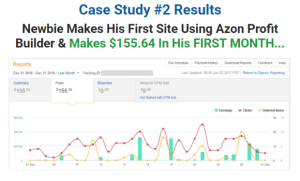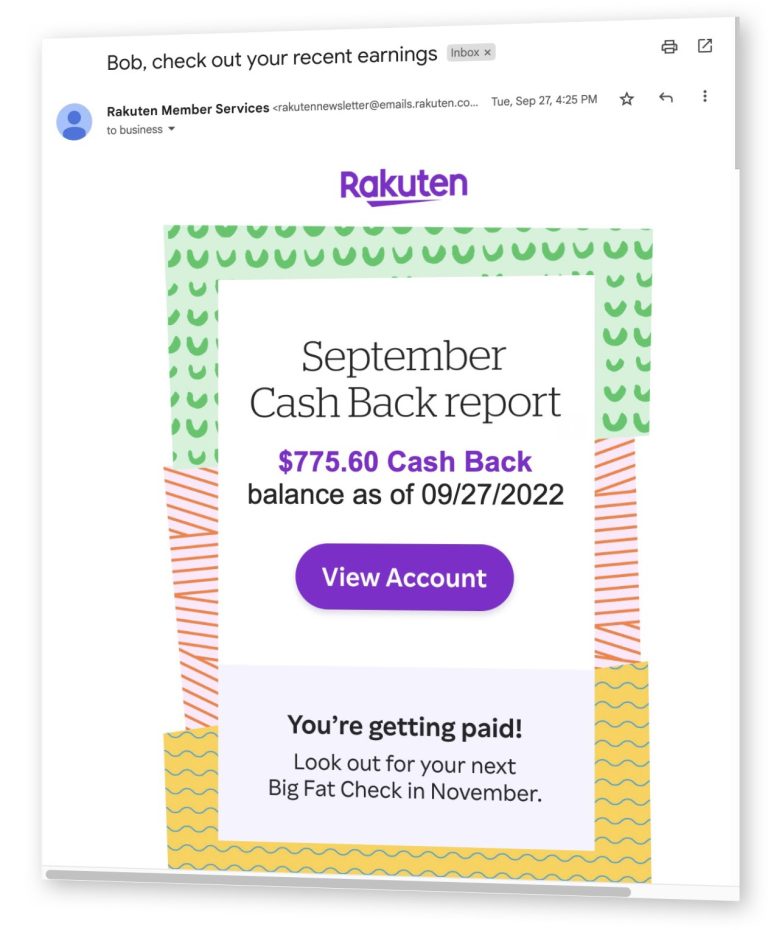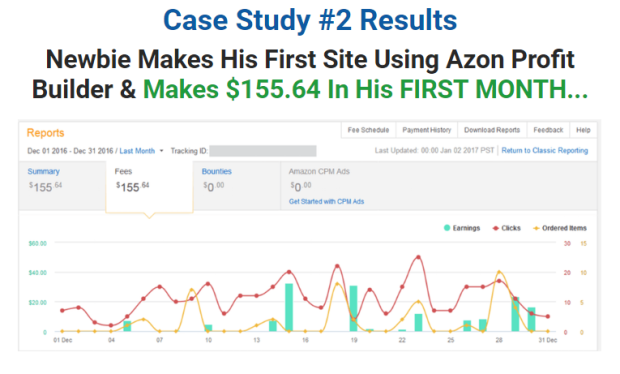Congratulations to the owners of LearnVest, a financial planning start-up that is in the process of finalizing a deal with Northwestern Mutual wherein the latter will be acquiring the assets and business of the former. In a deal of more than $250 million in cash, a company that provided early funding for the start-up will now be the sole owner.
LearnVest entered the market as a service that put women in touch with resources, including financial planners, to help them reach their financial goals. The company later expanded its reach to men, as well.

But it’s quite probable, as Michael Kitces points out, that the value Northwestern Mutual sees in LearnVest isn’t in its small advisory clientele, it’s in the membership base for personal financial management software. This part of the business caters to more than 1.5 million customers.
The acquisition doesn’t come as much of a surprise. It behooves old financial companies to integrate businesses that have been successful in attracting younger customers. Millennials are more inclined to be customers of businesses that started online, use marketing that is catered to how the generation perceives itself, and are led by people who seem to have more in common with them.
But it’s those old financial companies that have the money, thus they provide capital funding for start-ups and are the most interested in making acquisitions like these. And you can be sure that the companies that provide the funding are those who benefit the most in an eventual sale and have influence in the management of the start-up companies during their funding periods.
But where does this leave LearnVest advisory customers? Are they now clients of Northwestern Mutual? In short, yes.
There is a legal regulation that prevents this from happening automatically. In order for one financial advisory to turn clients over to another which is the case in this acquisition, the Investment Advisors Act requires that customers give consent to the change.
And LearnVest is making this “easy” for customers. Any customer not taking an action is considered to have given his or her consent; in order to refuse consent, a customer must close his or her account. While LearnVest claims this is to make the change easy for customers, it’s really just an “opt-out” option, assuming customers agree with the change even if they don’t know about it.
This is the same tactic that consumer groups have fought against in other areas. Many services require an “opt in” confirmation of subscription, or even multiple confirmations just to be safe.
It’s unlikely that much will change immediately with this acquisition. Customers will likely retain their membership as is, and will be assigned to the same advisers. But if one of the reasons for becoming a customer with LearnVest was the opportunity to get financial advice from outside the “establishment,” financial industry’s old guard, and work with a company that seemed to be geared to you, you may not be interested in being a part of this new evolution of the start-up.
And LearnVest hasn’t yet communicated the acquisition to all of its customers. The company has presented a few social media posts with a link to a list of answers to frequently asked questions, and I expect emails to customers will be forthcoming. One of LearnVest’s Twitter posts was the first I heard of the acquisition, and that led me to check the news for the details.
Considering LearnVest has only managed to obtain 10,000 advisory customers over six years, this does not seem to be a huge concern for the company.
Born in 1976, I don’t quite fit the description of the Millennial generation (or Generation Y), yet I probably have more in common with the generation than I do with Generation X. It’s hard to say. Like Millennials, I’ve lived most of my life with technology like email, but only because I was a geeky kid and ran bulletin board systems from my house, learned how to code in various programming languages on my own, and built my first website in college when the cast majority of colleges didn’t even have their own websites.
Yet I hate text messages. So I obviously can’t be a Millennial.
I prefer desktop Quicken to Mint.com and other online personal finance management software — but I do have dreams about designing a successful financial mobile app that Millennials — and I — would want to use. I prefer talking in person to a financial advisor over allowing algorithms to suggest my financial actions. This would make LearnVest better for me than other “automatic” or “robo” advisers.
LearnVest’s advisory might be something I would explore if Vanguard didn’t present me with access to a Certified Financial Planner any time free of charge and if I didn’t have friends and colleagues with the CFP designation all happy to offer me their advice.
Northwestern Mutual plans to keep LearnVest’s operations separate, at least for the immediate future, so potential and existing advisory clients shouldn’t be too concerned about the change. The source of the company’s funding is still and has always been the financial industry and venture capitalists, except for the $75,000 CEO Alexa von Tobel reportedly invested with her own money.
The influence within the company doesn’t change much other than giving other investors a cash distribution to exit their ownership and leaving Northwestern Mutual with complete control. Maybe that’s a big change. Maybe it will mean very little. But if it’s affecting only 10,000 of the 1.5 million LearnVest customers, I think the bigger question is what the insurance company will be able to do with any data stored by the personal financial management software.
Are you a customer of LearnVest? Do you think this is a move in the right direction for the company?
LearnVest Acquired By Northwestern Mutual is a post from Consumerism Commentary. New to Consumerism Commentary? Start here.
![]()
SOURCE: Consumerism Commentary – Read entire story here.





















